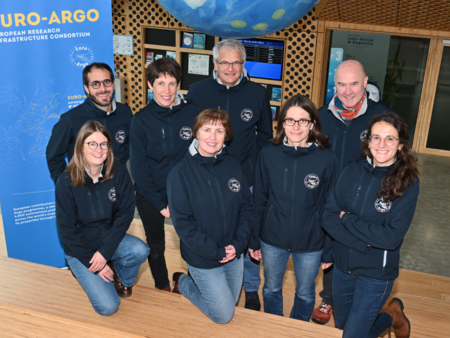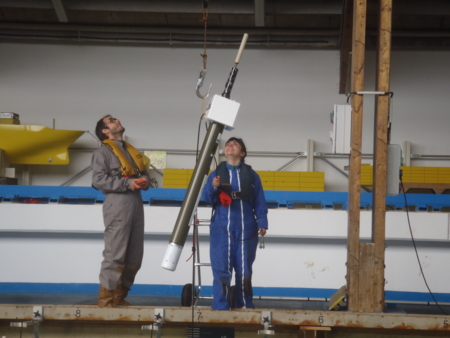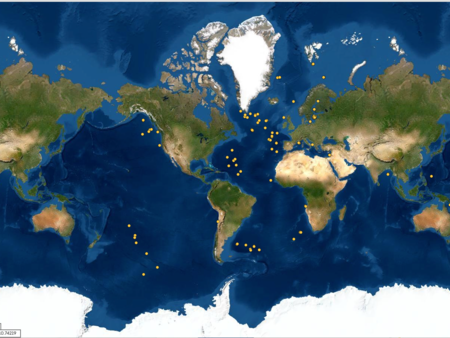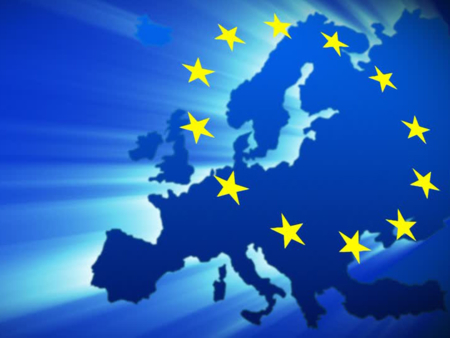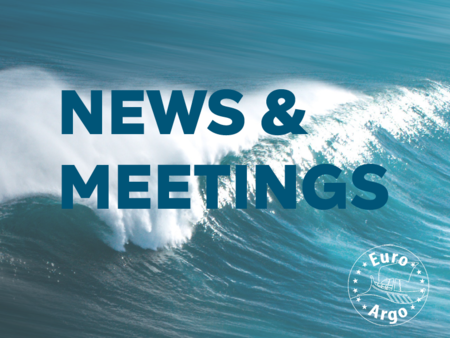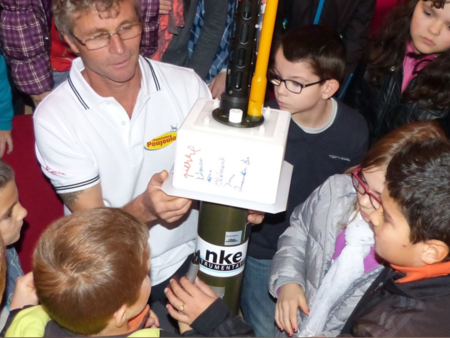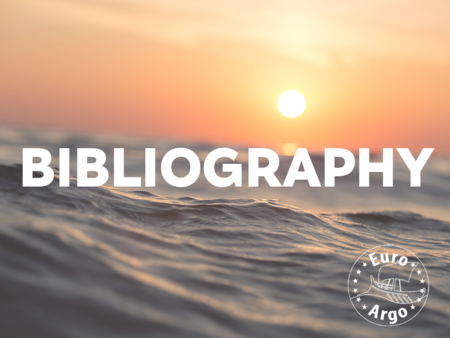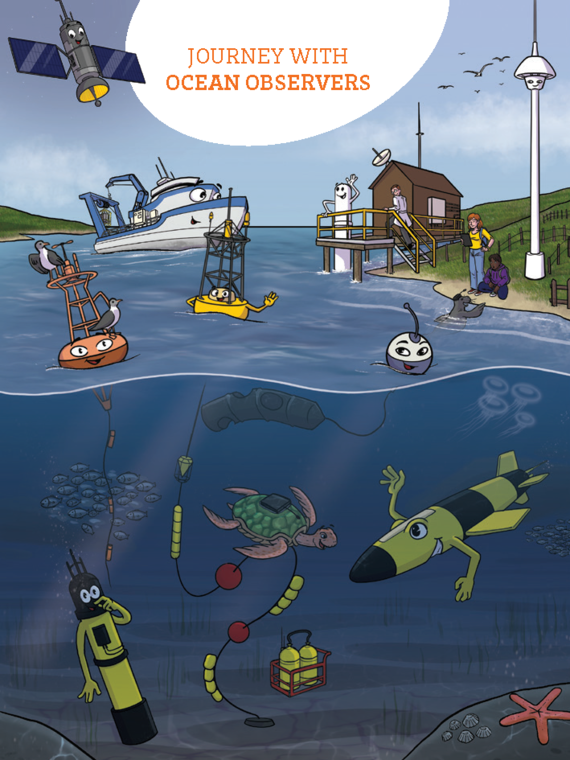The comic “Journey with Ocean Observers”
Ocean Observers has launch a comic book. It was developed by Euro-Argo ERIC and OceanOPS, and published with the support of the European Union's EuroSea H2020 project.
It invites readers aged 10 and over to learn more about the thousands of instruments at sea that take the pulse of the ocean!
Follow a new recruit to the ocean observing networks - a communication satellite - on their journey to understand what is happening in our ocean and how we observe and monitor it. You will learn about marine heatwaves, ocean acidification, sea level rise, and other phenomena.
Meet their colleagues: the glider, the profiling float, the drifting and fixed buoys, the research and merchant ships, the sea level gauge, the high-frequency radar, and even marine mammals!
Find out how all these instruments work together to help understand climate change, monitor ocean health, and support weather predictions and early warnings for hazards and extreme events.
Download the full booklet in English here and translated versions there :
For more information about each instrument, you can follow up with our fact sheets HERE.
Happy reading !
____________________________
The Ocean Observers is an international educational network composed of various stakeholders – including ocean scientists, teachers and educators, marine communicators and others, such as the general public and policy-makers and led by OceanOPS and Euro-Argo ERIC. This network is dedicated to fostering marine science outreach activities and sharing educational experiences related to in situ ocean observations.
The primary goal of the Ocean Observers initiative is to:
- Share expertise and resources: the network serves as a platform for sharing expertise and materials related to ocean observations.
- Facilitate collaboration: it supports discussions and encourages the development of new international collaborative activities among people engaged in marine science outreach programmes.
- Curate educational resources: the ocean observers initiative assemble high-quality, multidisciplinary educational resources, which are freely accessible through the www.oceanobservers.org website. This repository aims to create a global ocean observation learning platform, providing educators with valuable marine science information they could apply to their unique environment.

